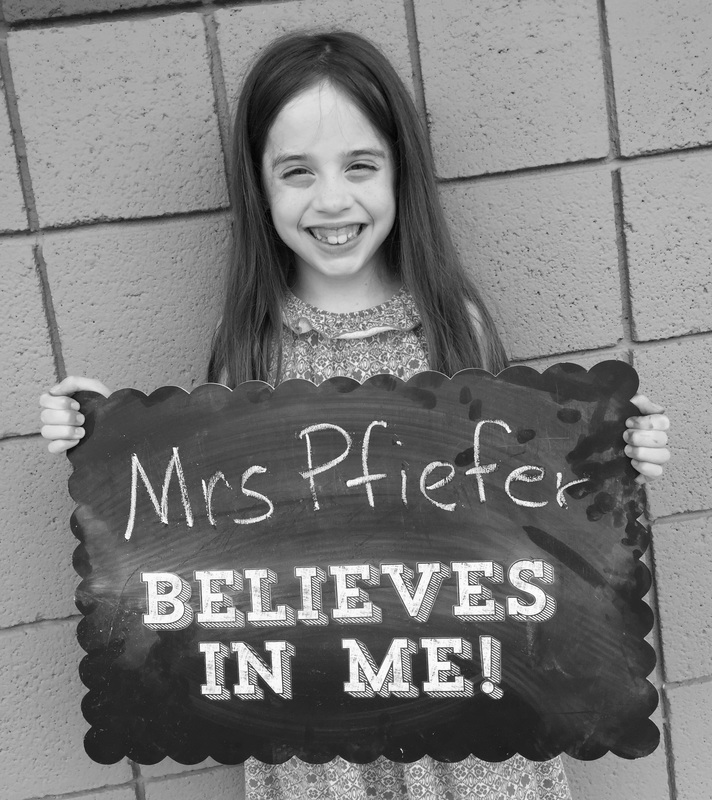Before children can read to learn, they must learn to read.
Reading is a little like riding a bike: it requires doing many things at once with precise timing. With practice, typical readers gradually learn to read words automatically so they can focus their mental energy on comprehending and remembering what they've read.
For students with reading difficulties there are many challenges but with preserverence and specialized instruction they too will succeed!
http://kidshealth.org/parent/medical/learning/dyslexia.html
Reading is a little like riding a bike: it requires doing many things at once with precise timing. With practice, typical readers gradually learn to read words automatically so they can focus their mental energy on comprehending and remembering what they've read.
For students with reading difficulties there are many challenges but with preserverence and specialized instruction they too will succeed!
http://kidshealth.org/parent/medical/learning/dyslexia.html
|
Lets talk "senses"
"Imagine driving a car that isn't working well. When you step on the gas the car sometimes lurches forward and sometimes doesn't respond. When you blow the horn it sounds blaring. The brakes sometimes slow the car, but not always. The blinkers work occasionally, the steering is erratic, and the speedometer is inaccurate. You are engaged in a constant struggle to keep the car on the road, and it is difficult to concentrate on anything else." It's no wonder children with sensory processing disorders feel out of control, exhibit a whole host of behaviors, and have difficulty concentrating and focusing at school! ~ Stanley Greenspan We have seven senses that work together to help us understand and maneuver within our environment. For example to open a door: We look at it-visual perception We place our hand on the doorknob-visual and tactile perception We squeeze the doorknob (not too hard or too soft) and turn it-tactile, proprioceptive perception We pull open the door (not too hard or too soft)- vestibular, proprioceptive, visual, and tactile perception. If the door has a squeaky hinge we hear that as we are opening it-auditory perception We walk through the doorway, stepping over the door jam-visual, vestibular, and proprioceptive perception This is a simple task we do just about everyday. Imagine if the sensory information you were receiving was impaired! http://sensoryfun.com/sensory_processing_disorder Neither Arlington Elementary School nor Arlington Community Schools is responsible for questionable or controversial content found through links external to this site. |


